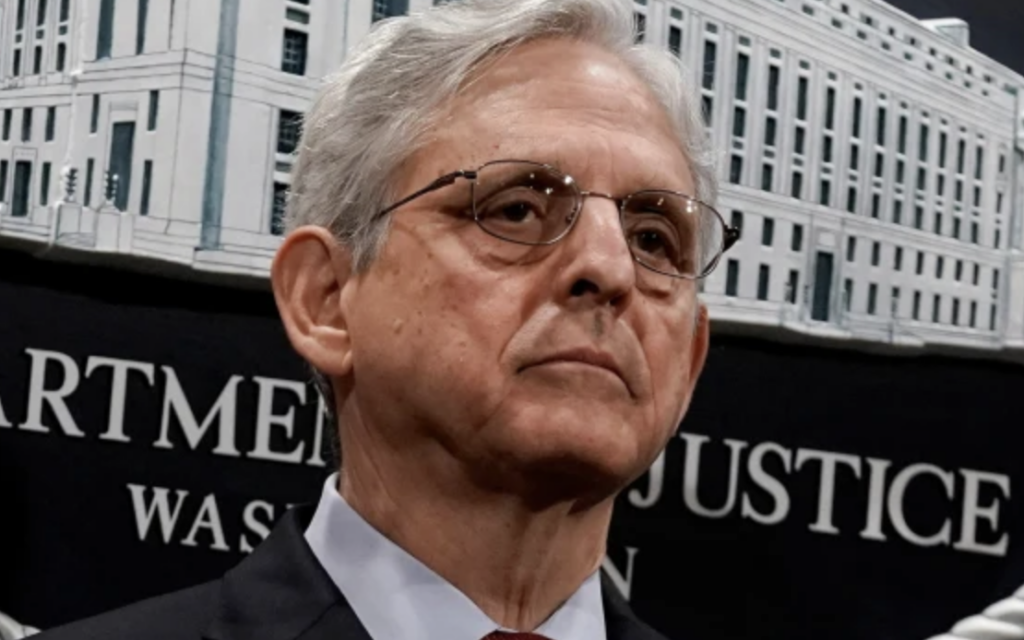
Attorney General Merrick Garland testified before the Senate Judiciary Committee and the House Judiciary Committee on the DOJ’s budget and priorities.
Republicans grilled him on the DOJ’s handling of hate crimes, domestic terrorism, political corruption, and white-collar crime. Garland faced tough questions about why the DOJ doesn’t prosecute many Antifa attacks on pro-life pregnancy centers, as well as its investigation into political corruption and white-collar crime.
Takeaways:
- Garland cited the difficulty in prosecuting Antifa attacks on pro-life pregnancy centers, which often occur at night and in secret.
- Some Republicans accused Garland of turning the DOJ into an enforcement arm of the Biden administration and questioned the FBI’s labeling of “traditionalist Catholics” as a terrorist risk.
- Garland remained composed throughout the questioning and reiterated the DOJ’s commitment to enforcing the law without bias or political interference.
- Senator Josh Hawley grilled Garland on the FBI’s spying on churches, while Senator Ted Cruz criticized Garland for ignoring threats against Supreme Court justices.
- Senator Hawley also accused Garland of targeting pro-life activists.
Commentary:
The questioning of Attorney General Merrick Garland by Republicans during his testimony before the Senate Judiciary Committee and the House Judiciary Committee highlights the deep divisions between the two parties on issues such as hate crimes, domestic terrorism, political corruption, and white-collar crime. While Garland maintained the
Department of Justice’s commitment to enforcing the law without bias or political interference, Republicans expressed skepticism and concern about the DOJ’s handling of certain cases.
The discussion surrounding the DOJ’s handling of Antifa attacks on pro-life pregnancy centers is particularly noteworthy, as it underscores the difficulty of investigating and prosecuting crimes that occur in secret and under the cover of darkness. However, some Republicans argue that this is not an acceptable excuse for inaction and that the DOJ should be doing more to protect these centers and the individuals who rely on them.
The hearing also highlighted concerns about the FBI’s labeling of “traditionalist Catholics” as a terrorist risk and the agency’s potential use of spies and sources within churches. These concerns reflect broader anxieties about government surveillance and the potential for political bias to influence law enforcement decisions.
Overall, the hearing underscores the continued political polarization in the United States and the challenges facing the Department of Justice in carrying out its mission in a politically charged environment. While Garland’s testimony provided some reassurance about the DOJ’s commitment to impartial enforcement of the law, it also highlighted the deep divisions and mistrust between the two parties on issues such as hate crimes and political corruption.

